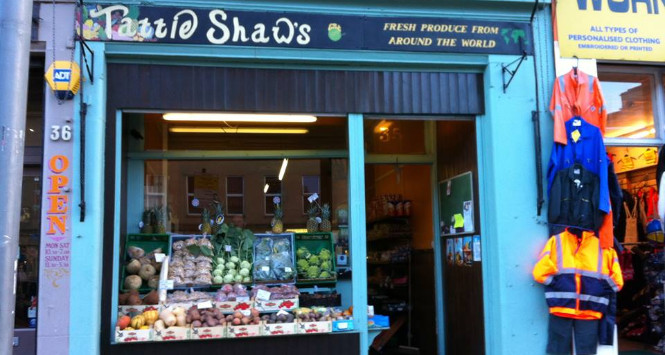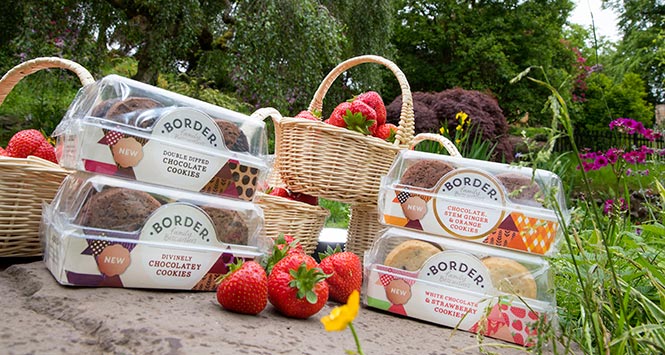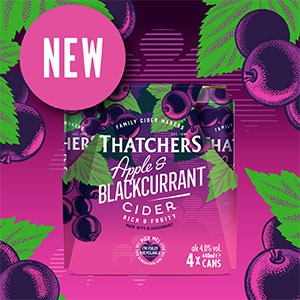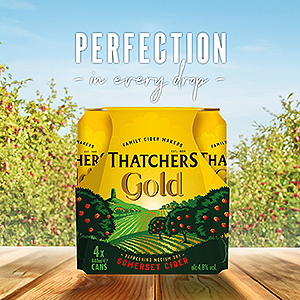Retailers could face additional tariffs totalling £9.3bn per year for food and drink products imported from the EU if Britain undergoes a ‘no-deal’ Brexit, according to a new report from Barclays.
The report, titled ‘Scale, Disruption and Brexit – a new dawn for UK food supply chains?’ shows that in a no-deal Brexit, food retailers would be affected by a new average tariff of 27% on food and drink goods entering from the EU, significantly more than the 3-4% levy that would hit non-food products. Additionally, every consignment of goods from the EU will require a customs declaration which starts at a minimum of £50.
Last year, the UK imported £48bn worth of food and drink, approximately 40% of the total UK market. Of these, 71% originating from within the EU entered the UK free of customs duties and other trade costs. A no-deal Brexit could mean significantly higher costs for retailers and consumers.
For example, the Barclays report shows that fully processed food and drink products, such as orange juice, will attract the highest tariff rate of 31% compared to 29.5% for semi-processed food and drink such as white sugar, and 9.7% for primary products and raw materials like bananas.
Beyond such category-based surcharges, some products also attract ‘specific duties’, which are tariffs levied on a per unit basis; that is, by weight or volume. The Barclays report shows specific duties disproportionately target certain products including meat, cereal, olive oil, wine and sugar-based foods. By their nature, these tariffs place a higher burden on lower-value transactions.
Hardest hit will be those products that attract both a category tariff as well as a specific duty tariff, such as frozen beef with an eye-watering specific duty of 298%. Common cooking products also face steep duties including beef cuts at 101%, cream at 81% and garlic at 71%.
A no-deal scenario would also mean further costs besides customs declarations: stringent EU Sanitary and Phytosanitary regulations could add an extra 8% in duty on food and drink imports from the continent.
Euan Murray, Relationship Director, Barclays Corporate Banking, Scotland, commented: “For the good of both UK business and consumers, the potential impact on our producers and grocery retailers should be front and centre of Brexit negotiations.
“A positive agreement on trade is essential if we are to protect UK exporters and avoid significant price rises for UK consumers.”
The report did however unearth one nugget of good news. It revealed that the convenience sector has been growing at an above-average rate, at 10% over the past four years compared to 7.1% for the grocery industry, and is now worth £40bn.






